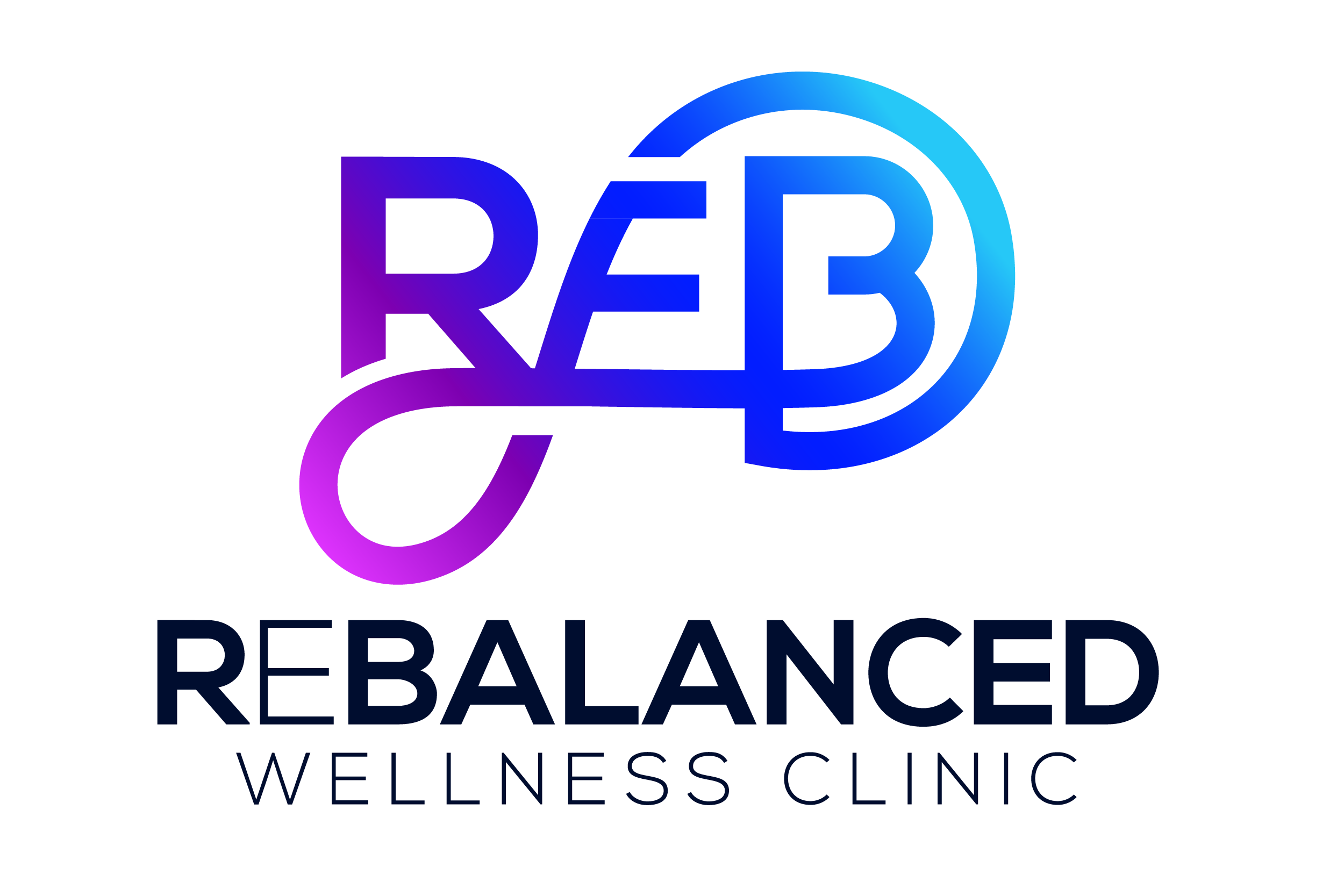Medical weight loss programs are becoming increasingly popular, but they might not be the best option for everyone. In this FAQ guide, we’ll explore whether medical weight loss is right for you by looking at the benefits, potential concerns, and who might benefit most from these programs.
What is Medical Weight Loss?
Medical weight loss is a program supervised by healthcare professionals designed to achieve significant weight reduction through personalized strategies including diet, exercise, and sometimes medication. These programs are tailored to meet the unique needs of individuals, focusing on sustainable and healthy weight management rather than quick fixes.
The incorporation of medications like Semaglutide in medical weight loss has gained traction as it helps regulate appetite and food intake, offering a promising tool for those struggling to lose weight through conventional means alone.
One of the key distinctions of medical weight loss is its comprehensive approach, often involving a multidisciplinary team that may include doctors, nutritionists, and fitness experts. This collaborative effort aims to address the root causes of weight gain and develop a sustainable plan for long-term health.
Who Can Benefit from Medical Weight Loss?
Those with chronic conditions such as obesity, diabetes, or heart problems may find medical weight loss particularly beneficial as part of a comprehensive treatment plan. The programs are especially valuable for individuals who have tried other weight loss methods without success or those requiring immediate health improvements.
People who have a significant amount of weight to lose or those who have experienced complications from obesity-related conditions like type 2 diabetes might find medical weight loss advantageous. This approach enables targeted interventions that can lead to improved disease management and overall health.
Furthermore, medical weight loss can often be tailored for those who are not eligible for surgical options or who prefer a non-invasive method to manage their weight. This is particularly true for patients with a BMI lower than what is typically required for bariatric surgery.
Are There Any Risks Involved?
Although generally safe, medical weight loss can have risks such as side effects from medications, the need for regular healthcare visits, and potential lifestyle adjustments. Medications, while helping with weight loss, may have side effects including nausea and gastrointestinal changes.
Serious side effects are rare but possible. For example, medications like Semaglutide have been associated with potential issues like pancreatitis, making it crucial for patients to be monitored regularly by healthcare providers.
Lifestyle changes are a significant component of medical weight loss, requiring commitment to exercise and dietary modifications. Some individuals may find these changes challenging to maintain without ongoing support and motivation, underscoring the importance of patient readiness and psychological preparedness.
How Do I Know if It’s Right for Me?
Consulting with healthcare providers and considering personal health goals and any medical conditions could help in making an informed choice about medical weight loss. A thorough evaluation of your current health status, along with a discussion about your weight loss journey, will inform whether this option meets your needs.
Patients should weigh the benefits against potential drawbacks, considering factors like how much weight needs to be lost, previous attempts at weight loss, and overall health. A healthcare provider can assist in setting realistic goals and developing a plan that is safe and effective.
It’s also important to consider your readiness to commit to the lifestyle changes required by these programs. Medical weight loss is most effective when accompanied by a willingness to engage in long-term changes in behavior and habits, supported by a strong healthcare framework.
What Are the Alternatives to Medical Weight Loss?
Non-medical approaches include lifestyle changes such as diet and exercise programs or seeking advice from a nutritionist or personal trainer. These options focus on natural weight loss and often involve calorie control and physical activity.
Bariatric surgery is another alternative for those who qualify. While more invasive, surgical options like gastric bypass offer significant weight loss results but come with a different set of risks and recovery expectations.
For others, joining community support groups or programs like Weight Watchers can offer encouragement and accountability, helping individuals make healthier lifestyle choices in a supportive environment.
Making an Informed Decision About Medical Weight Loss
Deciding whether medical weight loss is right for you involves considering various factors such as your health conditions, goals, and the guidance of healthcare professionals. While these programs offer promising results for many, they require commitment and careful consideration of individual circumstances.

